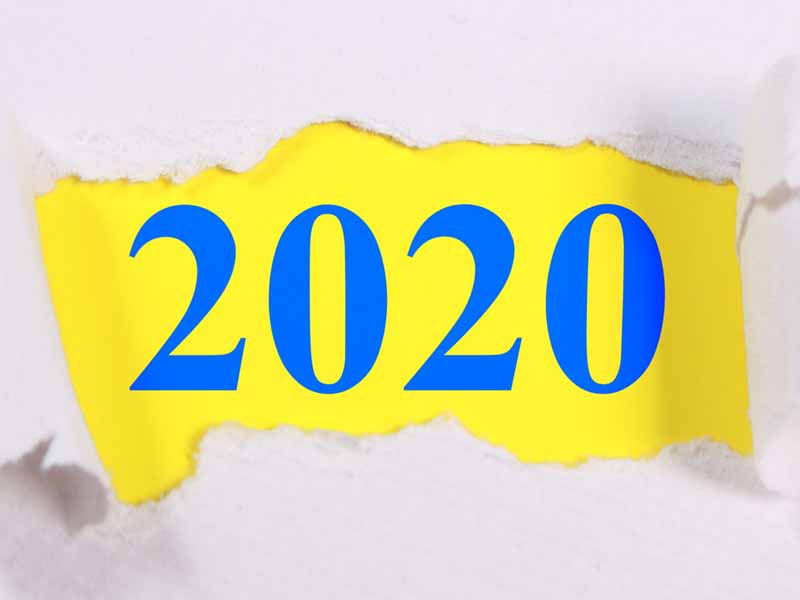Need Help Reviewing 2020 Medicare Coding, Payment Updates?
January 27, 2020 04:57 pm Sheri Porter – Accurate coding and documentation are imperative to good patient care and the financial survival of most family medicine practices. But keeping up with yearly CMS updates can be challenging. Enter FPM's annual gift to readers: a breakdown of changes most relevant to family physicians.
The 2020 iteration of this work is available in an article titled "The 2020 Medicare Documentation, Coding and Payment Update" published in the January/February issue of the journal.
Here's a glimpse of what readers need to know.
Key Points
The article's authors begin with a note of caution: "The reforms that will most affect family physicians' pay aren't coming until 2021, when several changes in evaluation and management coding and payment are projected to result in a 12% increase for family medicine," they write.
However, there are 2020 updates that will prove beneficial right now.

For instance, the article details
- new CPT codes that cover the exchange of messages between physicians and patients on a secure platform such as an EHR portal,
- new CPT codes that allow physicians to report services they provide to develop and support hypertension treatment plans for patients who measure their own blood pressure readings, and
- a fresh Healthcare Common Procedure Coding System code developed for Medicare that covers an additional 20-minute period of chronic care management beyond the initial 20 minutes.
Co-author Kent Moore, the AAFP's senior strategist for physician payment, provided further explanation for AAFP News.
"The new HCPCS code, G2058, is an add-on code to CPT code 99490 that physicians use to report the initial 20-minute CCM period. That means Medicare will no longer consider 99490 as open-ended, and practices will be compensated accordingly for patients requiring extended CCM," said Moore.
CMS is also implementing coding and payment for principal care management -- defined as care management for one serious chronic condition.
"CMS expects most of these services will be billed by specialists managing patients with a single chronic condition so complex that it cannot be managed as effectively in the primary care setting," the authors write. "But nothing prohibits primary care physicians from reporting PCM services when they provide them."
Quality Payment Program
According to Moore, many of the 2019 QPP requirements will remain stable through 2020, but the article cites one notable change in reporting for the quality category.
"CMS increased the data completeness threshold for quality measures to 70%. This means practices must report on at least 70% of patients, regardless of payer, who qualify for the measure. However, practices reporting via Medicare Part B claims only need to report on 70% of Medicare Part B patients eligible for the measure."
Regarding updates to the Merit-based Incentive Payment System, Moore noted that the MIPS performance threshold increased from 30 points to 45 points; the exceptional performance threshold increased from 75 to 80 points.
"Those who score above or below the performance threshold will receive Medicare Part B payment adjustments on a sliding scale that ranges from a positive 9% to a negative 9%," said Moore.
Physicians who score above the exceptional performance threshold could earn another payment adjustment of as much as 10%, paid on a sliding scale.
Additional Resources
The authors note that the updates covered in their article "reflect a high-level list of the most important changes you may want to know as 2020 begins."
They direct readers to additional sources such as the 2020 CPT and HCPCS handbooks, a CMS fact sheet and the CMS QPP Resource Library.